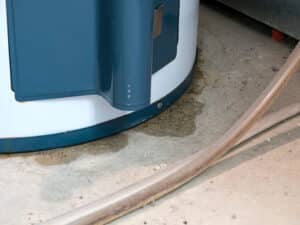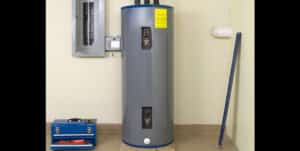Water leaks that are hidden can be a homeowner’s greatest fear. These unseen leaks can do considerable damage to your property before you even realize there is a problem. But, can insurance cover concealed leaks?
The answer is dependent on your insurance policy and the reason of the leak. Consider the following factors when considering if your insurance will cover a hidden water leak:
Policy type: The type of insurance policy you have can influence whether a hidden water leak is covered. The majority of basic homeowners insurance policies cover unexpected and accidental water damage, such as a burst pipe or a leaky appliance. Some plans, however, may prohibit coverage for water damage caused by slow leaks or wear and tear. It is critical to thoroughly analyze your policy to determine what is and is not covered.
The source of the leak: The source of the leak can also affect whether or not it is covered by insurance. If the leak was caused by an unexpected and unforeseeable incident, such as a burst pipe, it is more likely to be covered by insurance. However, if the leak was caused by normal wear and tear or maintenance concerns, it might not be covered.
Even if your insurance coverage covers water damage caused by concealed leaks, the magnitude of the damage experienced may determine whether or not it is covered. If the damage is modest and quickly rectified, insurance will most likely cover it. However, if the damage is severe and necessitates extensive repairs or reconstruction, it may not be reimbursed. More
It’s important to note that each insurance policy is unique, and coverage for hidden water leaks might vary substantially. It is critical to thoroughly analyze your policy to understand what is and is not covered. If you’re not sure whether your coverage covers hidden water leaks, call your insurance company and ask for clarification.
Finally, whether your insurance covers hidden water leaks is determined by the specifics of your policy and the origin of the leak. It is critical to thoroughly research your policy and understand what is and is not covered, as well as to call your insurance carrier if you have any questions or concerns. Next post







